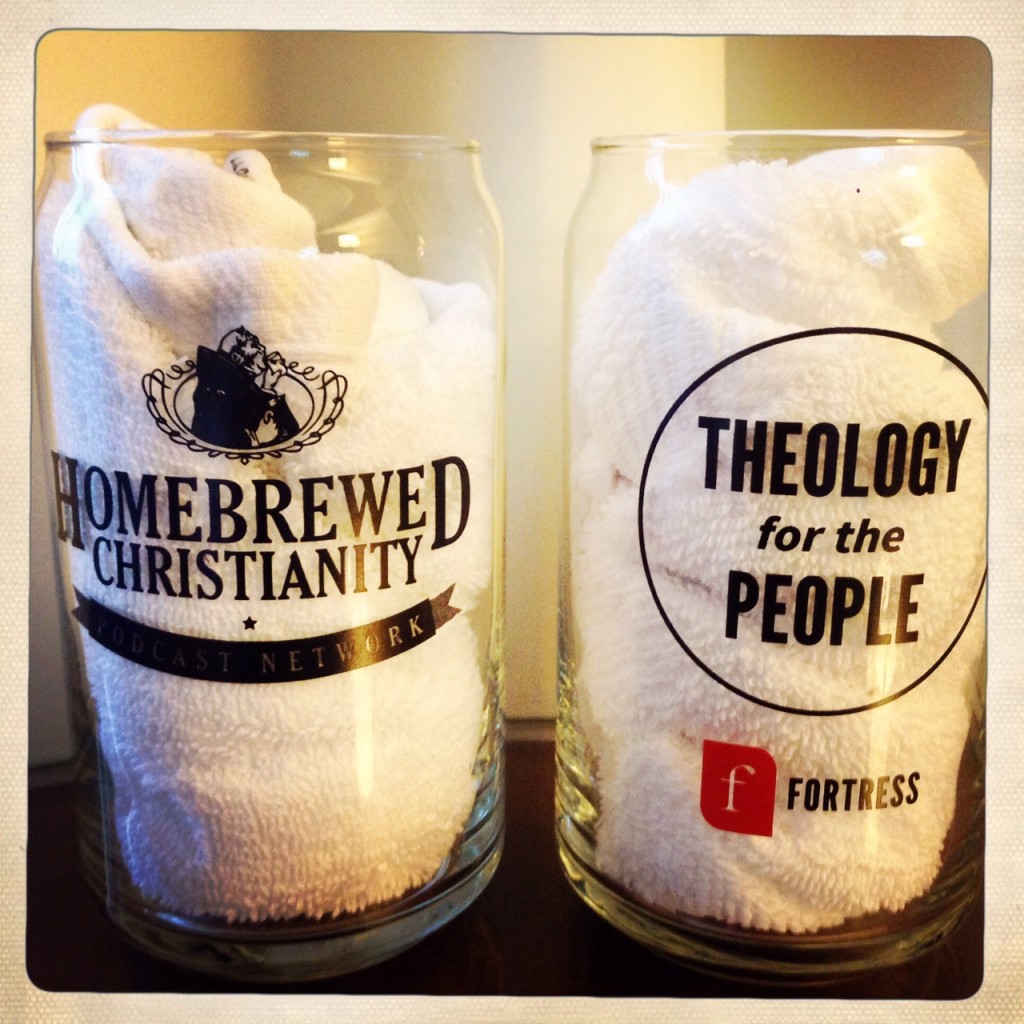Unless you’ve been living under a rock (a rock without internet), you probably know that I’m nearing the completion of a book on the atonement. It’s called Did God Kill Jesus?, and it comes out in March. (It’s the wrong subtitle, and the cover isn’t done yet, but you can preorder it!) I’m fortunate to have the same editor and publisher as authors I admire like Barbara Brown Taylor, Lauren Winner, and Rob Bell.
Speaking of Rob Bell, he continued his hilariously long Tumblr series on the Bible last week with a post entitled, What is the Bible? Part 72: The Question That Keeps Coming Up. He begins the post by listing five reader questions, each of which is basically asking, Why did Jesus have to die?
To that question, Rob has a two-part answer:
First, he writes, “death is the engine of life.” As evidence for that fact, he points to the chicken that died for your burrito, the plants that die in the fall and regrow in the spring, and the billions of cells in your body that die and are sloughed off every day. While I could quibble with each of those examples, I take his point. And I don’t disagree with it. One of the best ways to understand the sacrificial system of Israel — into which Jesus was born, and through which Paul interpreted Jesus’ death — is that the violence and death that was necessary to put food on the plate was sacralized in ritual. This salved the consciences of the animal-killers and it showed respect to the animal. And Jesus himself used an analogy like Rob’s, saying, “Unless a kernel of wheat falls into the ground a dies, it remains but a single seed. But if it dies, it produces many seeds.”
But then it gets interesting. In part two of his answer, Rob asserts various things:
- The Bible was written by humans, not God.
- The sacrificial system was set up by humans, not condoned by God.
- When Jesus died, his earliest followers interpreted it through the sacrificial system, because that’s what they knew.
Because of these things, Rob can say,
Can you see why questions that begin with Why did God do it that way…? will never give you satisfying answers? It’s the wrong question which will always result in an unsatisfying answer.
As much as I agree with a lot of what Rob writes in this post, I definitely don’t think that his commenters have asked the wrong question. No, in fact it’s the very best question, even if the Bible is set of books with human fingerprints all over it.
While the Bible was obviously written by humans, the standard Christian belief is that it contains a unique revelation of God to humanity. And the testimony of the Bible isn’t that humans started sacrificing animals and that God grudgingly accepted that. Instead, it’s God who’s behind it — not in the first instances of Cain, Abel, and Noah — from Abraham onward. When Reformed Christians say that God demands blood sacrifice, they’re not grabbing that fact out of thin air.
Rob concludes,
So did he have to die?
AHHHH. Can you see why this question can’t be answered? How could any human ever know the answer to that? Can you see how the categories of the question simply aren’t helpful?
Ayayay. Rob, people ask questions like this — theological questions, questions of meaning — because the answers have amazing explanatory power for many of the large and existential questions of life. Christianity has long taught that new life comes from the death of Jesus. People rightly wonder about this. They ask whether God set up a system that required death, even the death of his son. Or they wonder whether God adopted the event of the crucifixion as salvific after it happened, basically taking lemons and making lemonade.
The categories, in fact, are helpful. And the question does have an answer. More on this soon… 🙂
—————————————————————————————–
You can find all of Tony’s books HERE, and you can sign up to be the first to know about his next book, Did God Kill Jesus? HERE.















